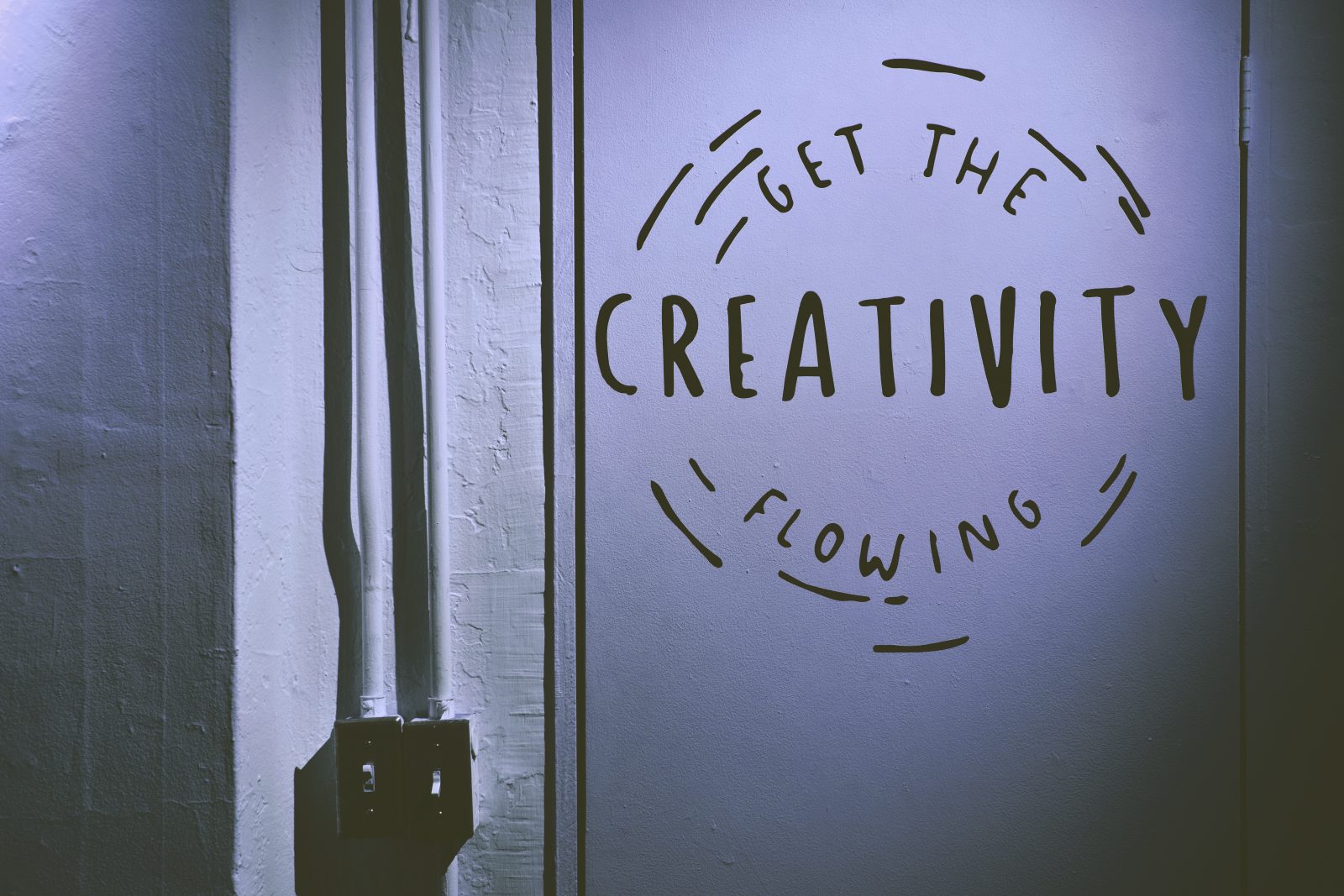The latest research conducted by LinkedIn found that creativity is the most in-demand soft skill companies need in 2020.
This research is yet another piece of the jigsaw that reflects the fact that we are living in exponential times of rapid change in which the key skill needed by people is creativity.
Research suggests that 98% of five year olds have genius levels of creativity, but by the time they reach adulthood this has reduced to a meagre 2%. This doesn’t bode well when organisations require people who can creatively approach problems and tasks across all business roles. However, if we were to deconstruct the barriers built on the journey to adulthood so that ideas might be generated freely, this opens up a person’s imagination to new possibilities. In so doing, creative behaviour can be taught and learned.
It is imperative therefore that business leaders look towards equipping those they are responsible for, with the knowledge, skills and understanding of what creativity is, and how everybody has the potential to be creative.
The reason for this is because the competencies that make us creative are the same ones that will make us resilient to change and agile to the uncertain times in which we live. They embed in us: how to generate ideas freely; how to make connections between diverse contexts; to be comfortable with ambiguity; embrace failure as part of the learning process and therefore grow in resilience; take calculated risks; to question and challenge in order to create new solutions; and collaborate effectively in order to drive productivity.
Where a business is able to establish a climate in which behaviours, attitude and processes allow for the development of these competencies, staff will feel empowered to drive innovation. Creative collaboration in order to overcome challenges will be the norm. People will be motivated to actively contribute to strategy and vision; all of which, will inevitably have a positive impact on productivity and growth.







